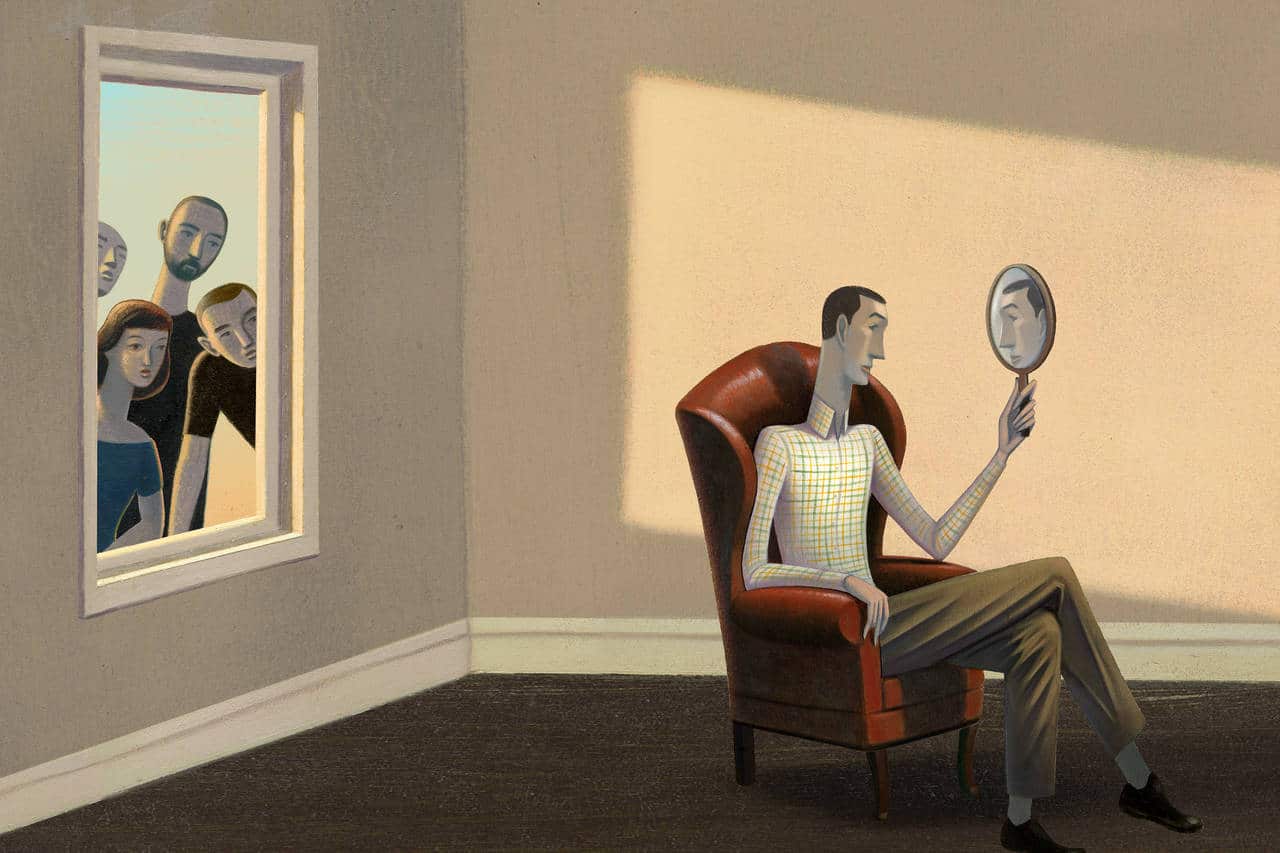Abstract
“Stranger, talk! Tell me, what should I do to awaken Iranians?” This question from Abbās Mirzā clearly portrays an encounter between Iranians and “the other” at the beginning of Iran’s modern age. The Stranger is assumed to hold some kind of truth, the revelation of which would lead to the awakening of Iranians. This article considers an Iranian “we” that arises from imaginative confrontations with “the other”, beginning with Akhundov’s Maktūbat and tracing “our” imagination up to the 1979 revolution. The 1979 revolution was a unique turning point in the life of “our” dream; its strange difference made “the other” interested to ask, with Foucault: “What are the Iranians dreaming about?” Foucault’s account of the Iranian dream has often been criticized. In favor of the “spirituality” of the revolutionary events, he separated spirituality from violence, and even considered the violence of revolution inevitable. As the fundamentalist government that longed for the Islamic Caliphate continued using violence, the dream turned into a nightmare and Foucault no longer pursued his discussion. To better understand this nightmare, the article examines the 2009 protests in Iran and focuses on Nikfar’s argument around “religious truth” that emerges in prison. The article concludes by relating the 1979 revolution and 2009 protests to Žižek’s reading of the “Iranian event”, and argues that the emancipatory potential of Islam should not be ignored because of its violence.


